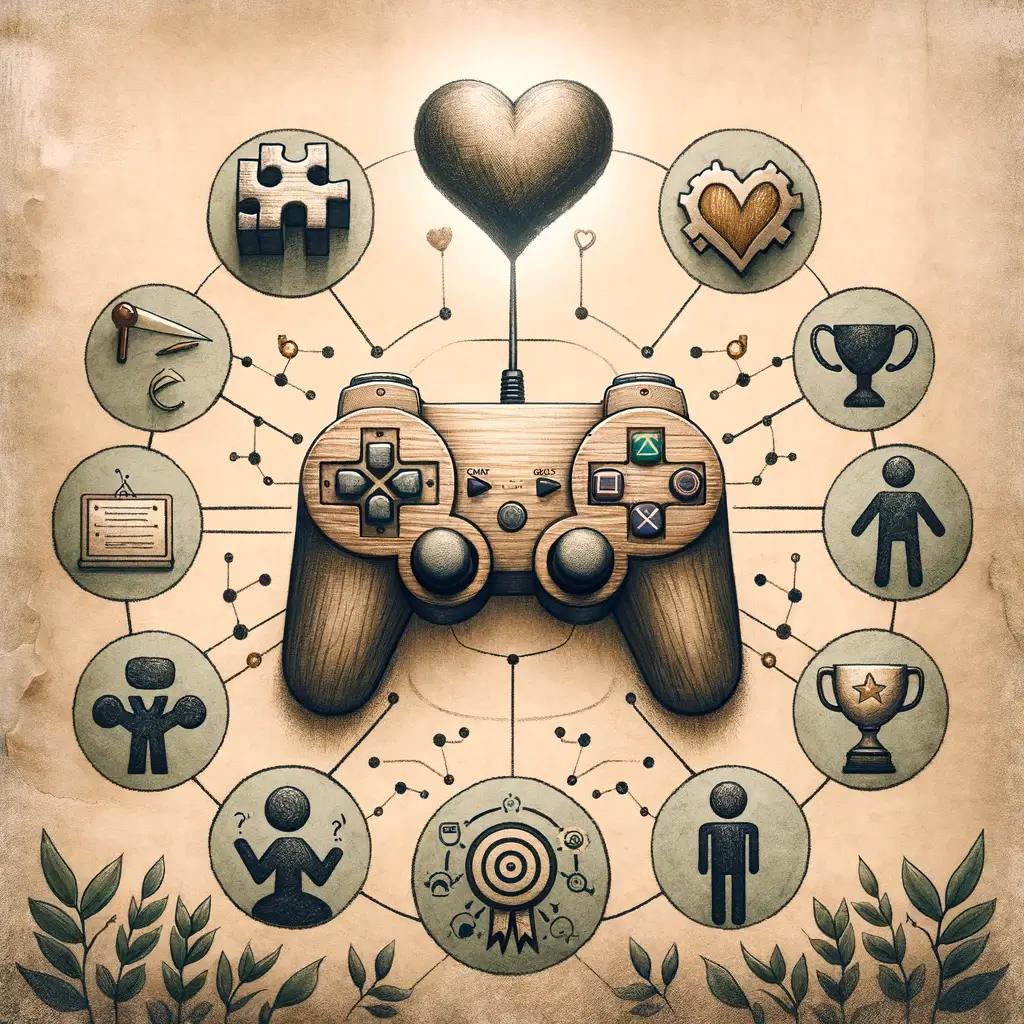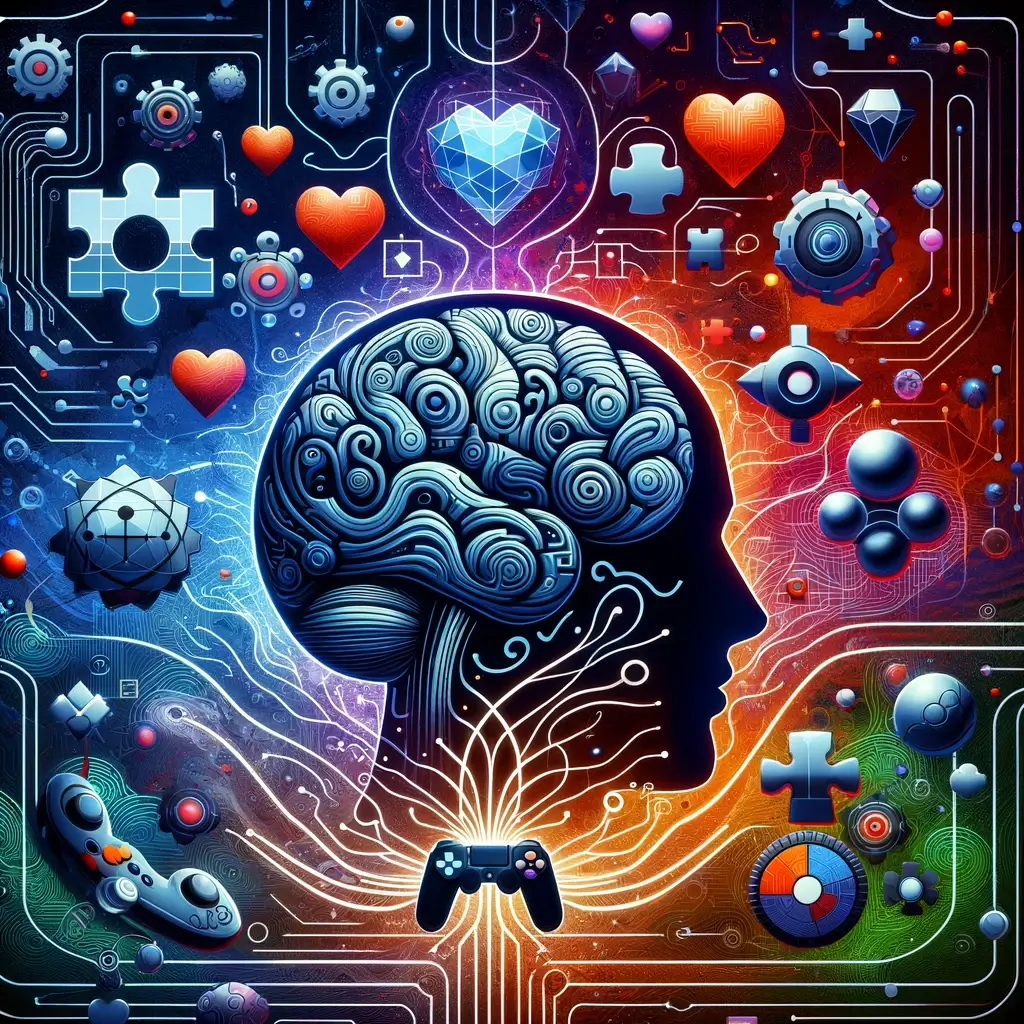
The Psychology Behind Your Favorite Video Games
The video games we choose to play do more than fill our leisure time; they provide a fascinating window into our personalities, motivations, and psychological needs. Whether you're battling it out in a high-octane shooter, strategizing in an intricate world-building game, or solving puzzles in a serene indie title, your favourite games say a lot about you. This article delves into the psychological underpinnings of our gaming preferences and what they reveal about our inner selves.
Understanding Gaming Preferences
Action Games: The Thrill-Seekers and Problem Solvers
Lovers of action games, including first-person shooters and fighting games, often thrive on excitement and challenge. This preference can indicate a high need for achievement and competition, as well as a desire for escapism and stress relief. Action gamers are typically seen as quick decision-makers who enjoy pushing their reflexes to the limits.
Strategy Games: The Planners and Thinkers
Fans of strategy games, such as real-time strategy (RTS) and turn-based games, are usually drawn to the mental challenge these games provide. This preference suggests strong analytical skills, patience, and a penchant for planning and foresight. Strategy gamers often enjoy the satisfaction of devising and executing complex plans to achieve their goals.
Role-Playing Games (RPGs): The Storytellers and Empaths
RPG enthusiasts immerse themselves in rich narratives and expansive worlds, indicating a deep appreciation for storytelling and character development. This preference can reflect a strong empathy towards others, a vivid imagination, and a desire for exploration and escapism. RPG players often seek to experience lives and adventures vastly different from their own.
Puzzle and Indie Games: The Curious and Creative Minds
Those who prefer puzzle games and indie titles that emphasize innovative gameplay and storytelling may exhibit a high level of creativity and problem-solving skills. This choice suggests a preference for cerebral challenges and unique experiences over competitive gameplay or high-stakes action.

Video Games as Psychological Tools
Video games can serve as powerful tools for psychological exploration and growth. They allow players to experiment with different aspects of their personality in a safe and controlled environment. Through gaming, individuals can explore their fears, desires, and various facets of their identity.
The Social Aspect of Gaming
Multiplayer and cooperative games highlight the social aspect of gaming, reflecting a player's need for social interaction and teamwork. Preferences for these types of games can indicate an extroverted personality and a value placed on cooperation and community.
Conclusion
The psychology behind your favourite video games is a complex interplay of personal traits, desires, and psychological needs. By understanding the motivations behind our gaming preferences, we can gain insights into our personalities and potentially use this knowledge for personal development and self-reflection
FAQs
1. How can video games influence my psychological well-being?
Video games can positively influence psychological well-being by providing stress relief, improving problem-solving skills, and fostering social connections through multiplayer experiences. However, moderation is key, as excessive gaming can lead to negative outcomes.
2. Can playing video games improve my cognitive abilities?
Yes, certain types of video games, especially puzzles and strategy games, have been shown to improve cognitive abilities like spatial awareness, strategic planning, and problem-solving skills.
3. How do video games affect children's psychology?
Video games can affect children's psychology in various ways, including enhancing cognitive skills, creativity, and problem-solving abilities. However, the content and amount of gaming are crucial factors, as violent or excessive gaming can have adverse effects.
4. Is there a link between video game genres and personality types?
Research suggests a correlation between video game genres and personality types. For example, action game players may exhibit traits of competitiveness and risk-taking, while RPG players might show high empathy and imagination.
